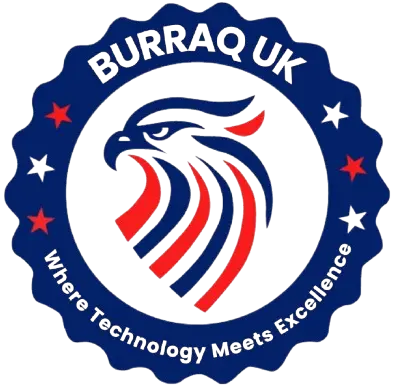ISO 26000 Social Responsibility
ISO 26000 is an international guidance standard developed by the International Organization for Standardization (ISO) to help organizations operate in a socially responsible way. Unlike certification standards, ISO 26000 provides guidance rather than requirements, focusing on how organizations can contribute to sustainable development and address social, environmental, and ethical impacts.
First published in 2010, ISO 26000 aims to assist organizations of all types and sizes in integrating social responsibility into their values and practices, promoting trust and transparency with stakeholders.

Aim of ISO 26000 Social Responsibility
The aim of ISO 26000 is to provide organizations with guidance on how to operate in a socially responsible manner that:
- Promotes ethical behavior and accountability
- Encourages respect for human rights, the environment, and fair labor practices
- Enhances transparency, trust, and stakeholder engagement
- Supports sustainable development by integrating social, environmental, and economic concerns into organizational decision-making
- Helps organizations contribute positively to the well-being of society and the environment beyond legal compliance
Course Overview
ISO 26000 Social Responsibility
Total Modules 6
Training Credits 18
Directed Learning Hours (DLH) 60
Course Code BUK1940
- Businesses and corporations of all sizes and industries
- Non-governmental organizations (NGOs) focused on social and environmental issues
- Public sector organizations and government agencies
- Educational institutions and research organizations
- Community groups and social enterprises
- Consultants and advisors specializing in corporate social responsibility (CSR)
- Sustainability and environmental managers
- Human resources and ethics officers
- Students and professionals interested in CSR and sustainable development
| Course Code | Curriculum Title | Credit | DLH |
|---|---|---|---|
| BUK1940-1 | Introduction to Social Responsibility and ISO 26000 | 3 | 10 |
| BUK1940-2 | Principles of Social Responsibility | 3 | 10 |
| BUK1940-3 | Recognizing Social Responsibility and Stakeholder Identification | 3 | 10 |
| BUK1940-4 | Core Subjects of ISO 26000 | 3 | 10 |
| BUK1940-5 | Integrating Social Responsibility into Organizational Practices | 3 | 10 |
| BUK1940-6 | Measuring and Improving Social Responsibility | 3 | 10 |
Module 1: Introduction to Social Responsibility and ISO 26000
- Understanding social responsibility concepts
- History and development of ISO 26000
- Purpose and scope of the standard
- Difference between guidance standards and certification standards
Module 2: Principles of Social Responsibility
- Accountability
- Transparency
- Ethical behavior
- Respect for stakeholder interests
- Respect for the rule of law
- Respect for international norms of behavior
- Respect for human rights
Module 3: Recognizing Social Responsibility and Stakeholder Identification
- Defining social responsibility in organizations
- Identifying and engaging stakeholders
- Understanding stakeholder expectations and concerns
Module 4: Core Subjects of ISO 26000
- Organizational governance
- Human rights
- Labor practices
- The environment
- Fair operating practices
- Consumer issues
- Community involvement and development
Module 5: Integrating Social Responsibility into Organizational Practices
- Embedding social responsibility into policies and strategy
- Planning and implementing socially responsible initiatives
- Communication and reporting on social responsibility efforts
Module 6: Measuring and Improving Social Responsibility
- Monitoring and evaluating social responsibility performance
- Continuous improvement approaches
- Tools and techniques for assessment
Module 7: Case Studies and Practical Applications
- Examples of successful social responsibility initiatives
- Workshop on stakeholder engagement
- Developing a social responsibility action plan
- Business Leaders and Managers aiming to integrate CSR into their operations
- Corporate Social Responsibility (CSR) Officers
- Sustainability and Environmental Managers
- Human Resources Professionals focusing on ethics and workplace responsibility
- Non-Governmental Organization (NGO) Staff
- Public Sector Employees and Government Officials involved in social development
- Consultants and Advisors specializing in sustainability and social responsibility
- Academics and Students in business, management, environmental science, or social sciences
- Community Leaders and Social Entrepreneurs
- All Modules within this qualification are assessed internally by the approved training Centre and externally verified by BURRAQ UK. The program uses a criterion-referenced assessment approach to ensure that learners successfully meet all required learning outcomes.
- A Pass in any unit is granted only when the learner submits valid, reliable, and authentic evidence that demonstrates achievement of the assessment criteria. The Assessor is responsible for reviewing this evidence and confirming that the learner has attained the expected standard.
